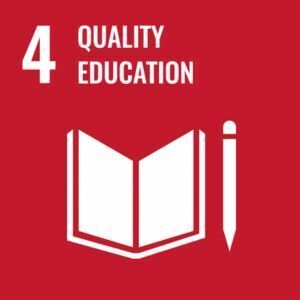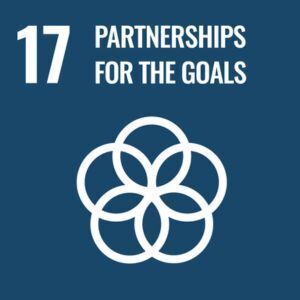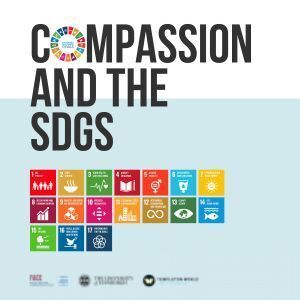There are several key documents and resolutions from the United Nations (UN) and the United Nations Educational, Scientific and Cultural Organization (UNESCO) that support and guarantee education accessibility. Here are some important ones to be aware of:
- Universal Declaration of Human Rights (UDHR): Adopted by the UN General Assembly in 1948, the UDHR establishes the right to education as a fundamental human right. Article 26 specifically states that "everyone has the right to education" and that education should be free, compulsory, and accessible to all.
- Sustainable Development Goals (SDGs): The SDGs are a set of 17 global goals adopted by the UN General Assembly in 2015 to be achieved by 2030. SDG 4 focuses on ensuring inclusive and equitable quality education and promoting lifelong learning opportunities for all. It emphasizes the importance of access to education, gender equality, quality teaching, and the elimination of disparities.
- Education for All (EFA) Framework for Action: The EFA framework was adopted at the World Education Forum in Dakar, Senegal, in 2000. It outlines six key goals to be achieved by 2015, including expanding early childhood care and education, providing free and compulsory primary education for all, and promoting adult literacy. While the timeframe has passed, the principles of the EFA framework continue to guide global education efforts.
- Incheon Declaration and Framework for Action: The Incheon Declaration was adopted at the World Education Forum in Incheon, South Korea, in 2015. It reaffirms the commitment to education for all and lays out a new vision for education beyond 2015. The accompanying Framework for Action provides guidance on implementing SDG 4, emphasizing equity, inclusion, and lifelong learning.
- Convention on the Rights of the Child (CRC): The CRC, adopted by the UN General Assembly in 1989, recognizes the right to education for children. Article 28 stipulates that education should be accessible to all children on the basis of equal opportunity, and it should be directed toward the development of the child's full potential.
- Education 2030 Framework for Action: The Education 2030 Framework for Action was developed as a roadmap for implementing SDG 4. It provides guidance on key policy areas, including equitable access to quality education, inclusive and gender-responsive education, strengthening education systems, and enhancing global cooperation.
- Salamanca Statement and Framework for Action on Special Needs Education: The Salamanca Statement, adopted by UNESCO in 1994, reaffirms the commitment to inclusive education for learners with special educational needs. It calls for the provision of education within regular schools and advocates for a barrier-free and child-centered learning environment.
These documents and resolutions reflect the international commitment to ensuring education accessibility, equity, and quality for all individuals. They serve as guiding principles for policymakers, educators, and stakeholders in shaping education policies and practices at the national and global levels.






